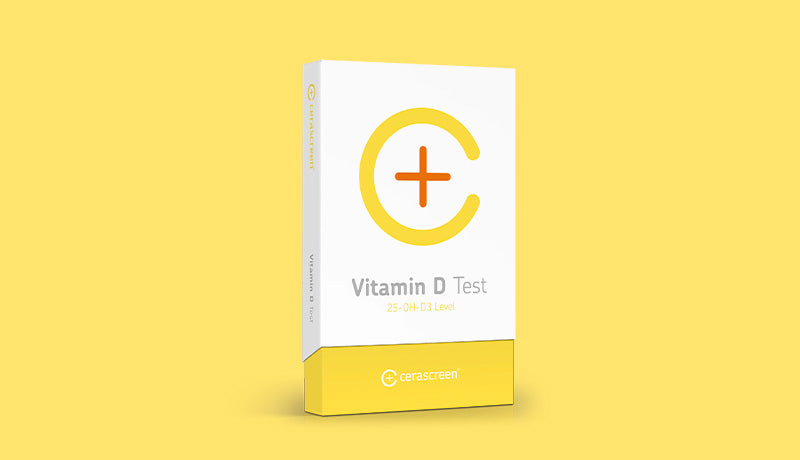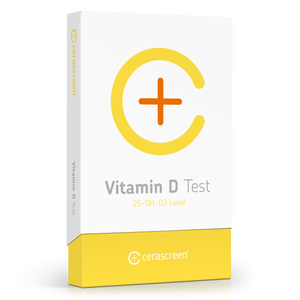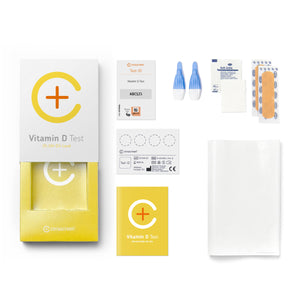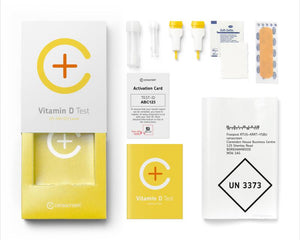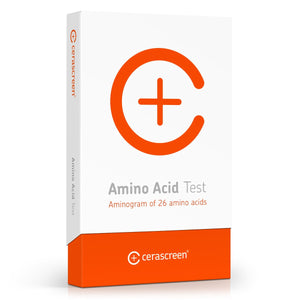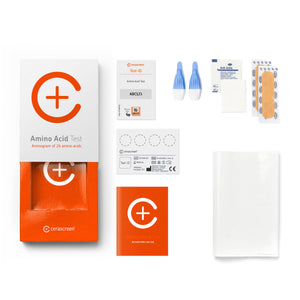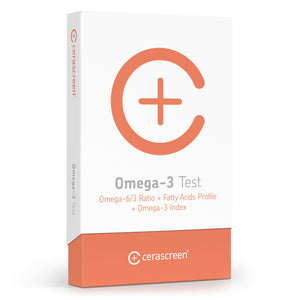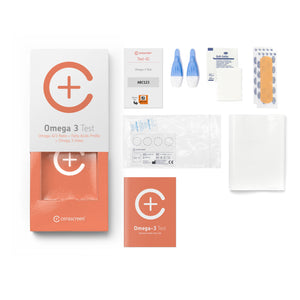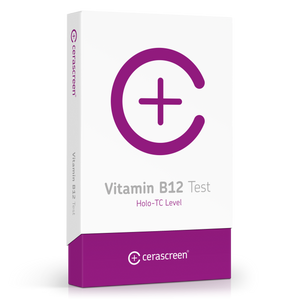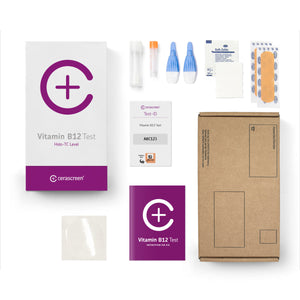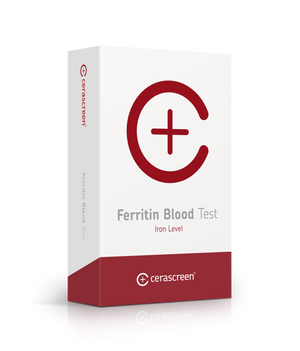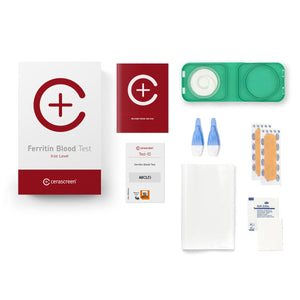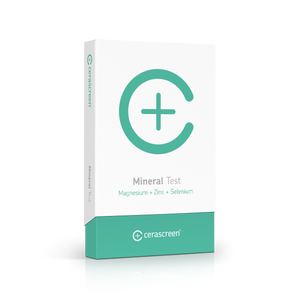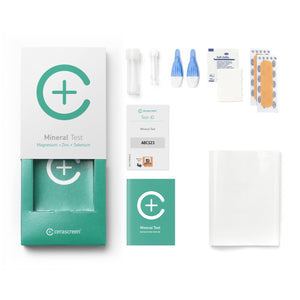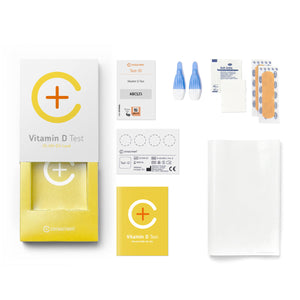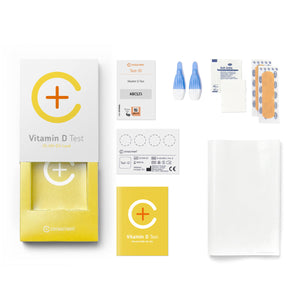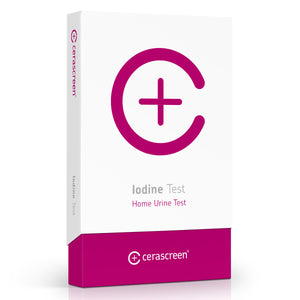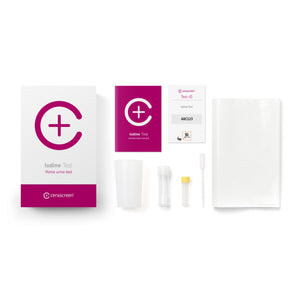Nutrient & Mineral Deficiency Tests
Choose categoryselftests
health-coaching
all
/blogs/health-portal
/pages/about-us
Why take a nutrient deficiency test?
Ideally, a balanced diet provides us with all the nutrients that our body needs. In reality, however, our body can often lack nutrients, with vitamins such as vitamin D and B12, minerals such as magnesium, zinc, iron or iodine, or the essential omega-3 fatty acids. A vitamin and mineral deficiency test will tell you which nutrients you need more of to be at your healthiest.
How common are nutrient deficiencies?
Truth be told, not everyone maintains a healthy and balanced diet, and often a stressful life, bad habits or allergies and intolerances can get in the way. Diseases or lifestyle choices can also mean that we don’t absorb an adequate amount of certain vitamins and minerals.
For example, if you do a lot of sports, your body usually uses up more minerals. With magnesium serving as fuel for muscles and with zinc lost through sweating, athletes need to increase their mineral intake more than other people. They can address this need through nutrient supplements for athletes. Vegetarians and vegans often consume too little vitamin B12, which is mainly found in animal products.
A particularly important vitamin for our bodies is vitamin D. Our body needs the UVB radiation present in sunlight to produce this vitamin. Since we spend a lot of time indoors these days and, especially in winter, receive only a small amount of sunshine, vitamin D deficiency is widespread in our society.
How do you know if you have a nutrient deficiency?
A lack of nutrients is only very clearly apparent in rare cases – for example, when an acute magnesium deficiency leads to painful leg cramps. Often symptoms such as a headache, fatigue, dry skin and hair loss occur. We often don’t associate these symptoms with a nutrient deficiency until serious health problems arise.
For example, a vitamin B12 deficiency develops over years while vitamin B12 reserves are slowly depleted. We usually don’t notice this, but over time, this deficiency can lead to anaemia, nerve damage and depression. This is the case for many other deficiency symptoms.
How does a vitamin and mineral deficiency test work?
The cerascreen® nutrient deficiency tests are simple mail-in test kits that can be taken within the convenience of your home. To take a vitamin and mineral deficiency test with the test kits, you will need to take a blood or urine sample (depending on the test) and send it in to our medical partner laboratory by using the free return envelope.
Once your sample has been analysed, you will receive a detailed personal results report. The results report from the nutrient deficiency test will tell you how optimal your nutrient levels are and whether your levels lie within the healthy range. You will also be given personalised recommendations on how to improve your mineral or vitamin intake.
Should the nutrient deficiency test results indicate a deficiency, you can actively counteract this by adjusting your diet. If you have an iodine deficiency, for example, you may find that regularly using iodine-containing salt will suffice. An iron deficiency requires a bigger dietary change, since a lot of iron is found in eggs, liver, legumes and whole grains.
Some nutrients can best be added by taking supplements, such as vitamin D, a vitamin that is scarcely found in foods. Since a severe deficiency can also be a sign of a disease, you should consult with your GP in case you have any doubts.

